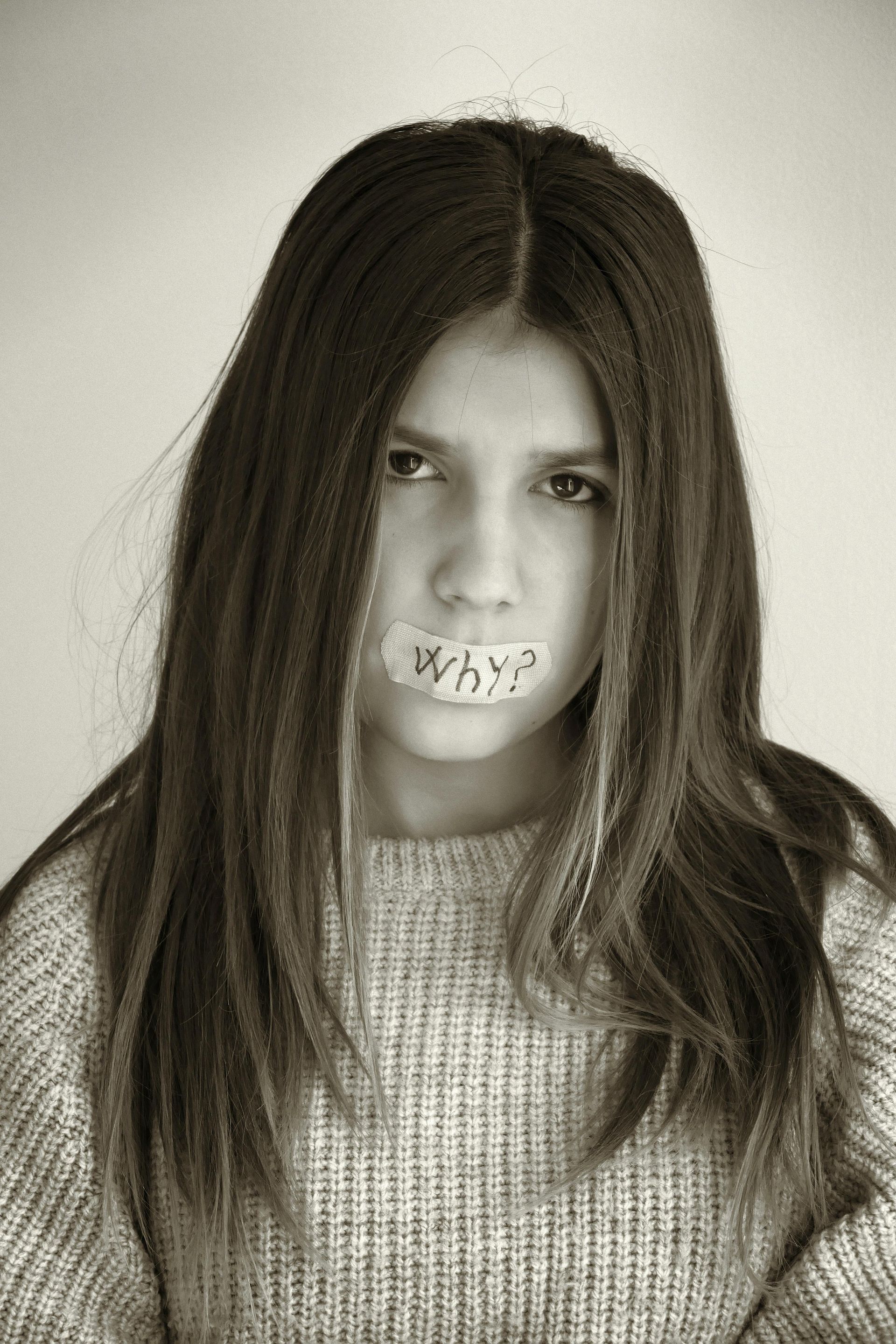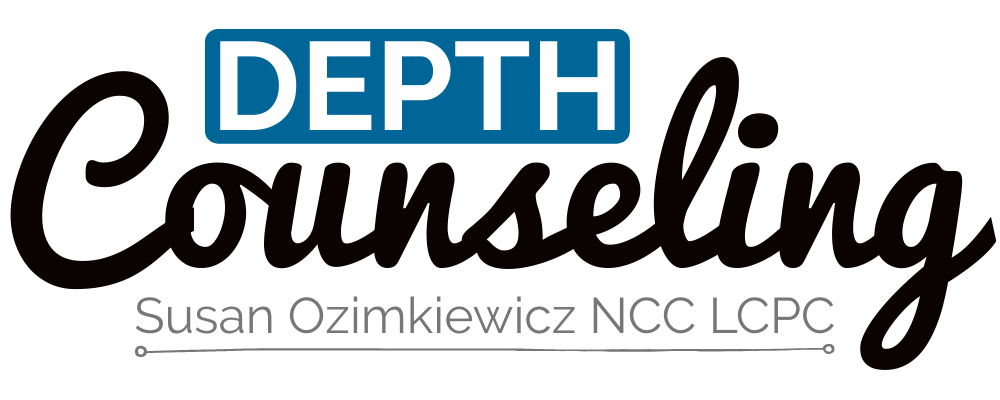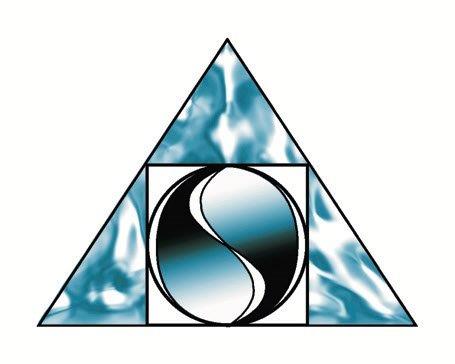Life Is But A Dream
Some of my clients have expressed to me that their day in and day out lives seem like the title of the book Chop Wood Carry Water. They feel like they are just slowly rowing along as life happens.
Row, row, row your boat,
Gently down the stream.
Merrily, merrily, merrily, merrily,
Life is but a dream.
This nursery rhyme has been said or sung since 1852. The author is unknown. The verse was usually sung by children is a sing-song rhythm. This rhyme can be sung in different forms such as in rounds or by rotating and alternating the starting lines to make a moving wave effect.
Life’s difficulties are described in the verse symbolically and metaphorically in simple words. The row boat is an image of the container that carries you or a group through life. The boat is steered by repetitive, monotonous, rhythmically accomplished, and skilled rowing practice day in and day out. The oars have to be locked in place in their holders to synchronize the rower’s pushing and pulling movement to propel and thrust the boat forward, backward, to turn around or make various maneuvers. Down the stream might suggest the path and directional movement of your life. Time has been considered to be a stream. How people use their allotted amount of life time contains restrictions and constraints. These can be certain limitations, boundaries, and borders around the framework of their work or living environment. The banks of the stream hint or imply that there are free will choices to be made within the narrow confines presented to the rower as the boat moves along downstream. All the merrilys are a tip-off to moving happily through life within set circumstances. Life is but a dream, the last line, gives hints to the inspired imaginative aspects and creative fashion in which life is dreamed up and experienced in the physical world. Perhaps, everyone is rowing to get to the shore.
Row the Boat Ashore
During the Civil War the negro spiritual song Michael Road the Boart Ashore, Hallelujah was sung by the slaves. The abolitionist, Charles Pickard Ware wrote down the many verses for posterity in 1863. This metaphorical song was about freedom, deliverance, and salvation from oppression. The desire to get to the shoreline suggests a symbolic edge or borderline, before getting to the Promised Land. It is a song sung with the hope of release from all the endured harshness in life when the boat finally makes it ashore.
Row Your Boat Redone
In Through the Looking Glass, Lewis Carroll included an adaptive reworking of Row, Row, Row, Row Your Boat as the poem’s fundamental foundation:
A boat beneath a sunny sky,
Lingering onward dreamily
In an evening of July —
Children three that nestle near,
Eager eye and willing ear,
Pleased a simple tale to hear —
Long has paled that sunny sky:
Echoes fade and memories die:
Autumn frosts have slain July.
Still she haunts me, phantom wise,
Alice moving under skies
Never seen by waking eyes.
Children yet, the tale to hear,
Eager eye and willing ear,
Lovingly shall nestle near.
In a Wonderland they lie,
Dreaming as the days go by,
Dreaming as the summers die:
Ever drifting down the stream —
Lingering in the golden gleam —
Life, what is it but a dream?
It is interesting to note that the beginning letter of each line read vertically is the name, Alice Pleasance Liddell. She was the actual Alice that inspired Carroll to write about his dream.
A dream is the experience and sequence of images, sounds, or other sensations during sleep that appear involuntarily to the mind of the dreaming sleeper. Sometimes there are mixtures of real and imaginary characters, places, and events. A day dream can be defined as a series of images, usually pleasant ones that pass through the daydreamers’ mind while awake. It is a vague trance-like state that lets the mind dwell on delightful scenes and images when alert and conscious, often resulting in inattention. A daydreamer is preoccupied with imaginal thoughts or fantasies that can become new contributions and works presented to the world.
What do you daydream about?
What is your life’s dream?
Are you living your dream?
“Put your heart, mind, intellect and soul even to your smallest acts. This is the secret of success.” ─ Swami Sivananda
© Ozimkiewicz







